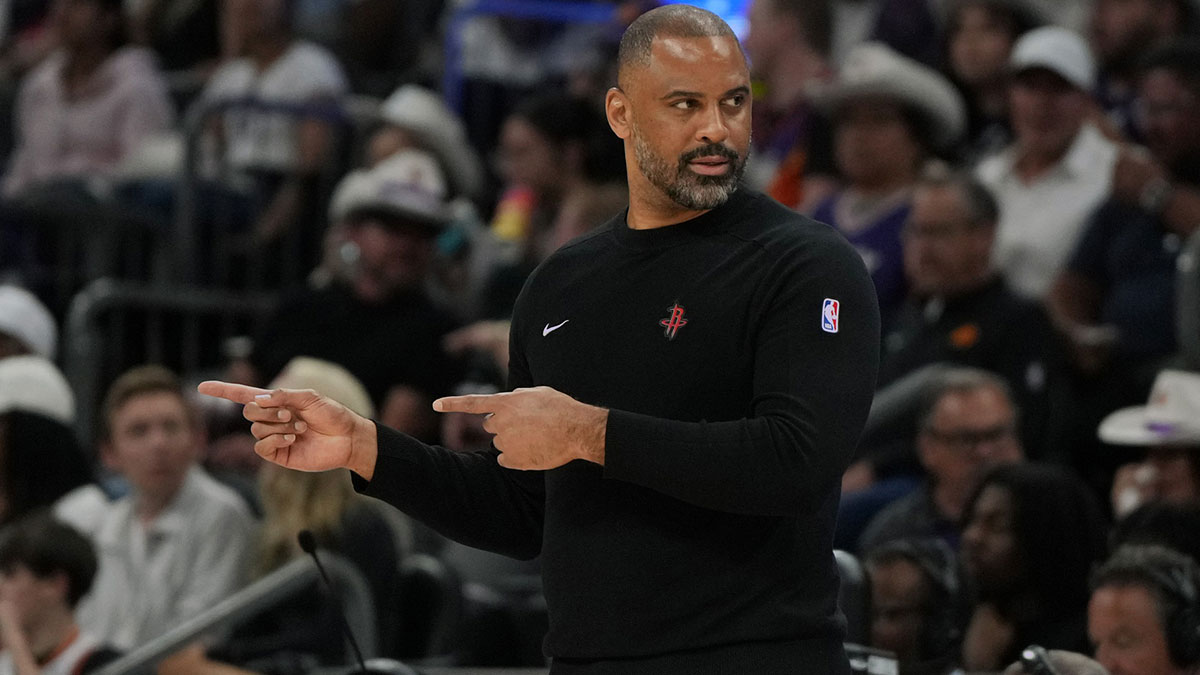In a surprising turn of events, former Rockstar Games technical director, Obbe Vermeij, has taken down his recently launched behind-the-scenes development blog. This move follows after receiving communications from a representative at Rockstar North. The blog, which started on November 11, offered an unprecedented look into the inner workings of Rockstar North, especially during the development of the Grand Theft Auto series and other projects.
Vermeij, known for his significant contributions to various Grand Theft Auto titles, had initiated this blog to shed light on the development processes at Rockstar. His posts provided valuable insights into projects such as the abandoned “Agent” game and a never-released Scottish zombie survival game, intriguing fans and industry insiders alike. This move was unprecedented in an industry known for its secretive nature, especially in the development of big-budget, triple-A games.
However, the existence of the blog was short-lived. Vermeij decided to remove it after receiving an email expressing discontent from Rockstar North, highlighting a rift between current and former staff. In a statement, Vermeij said, “Apparently some of the OGs there are upset by my blog. I genuinely didn't think anyone would mind me talking about 20-year-old games, but I was wrong.” He cited his reluctance to jeopardize relationships with former colleagues in Edinburgh and downplayed the importance of the blog in his decision.
In an ensuing post on X fromerly known as Twitter, Vermeij elaborated on the situation, clarifying that Rockstar did not explicitly force him to take down the blog. Instead, it was a conversation with a former colleague that highlighted the internal unrest the blog had caused. This incident sheds light on Rockstar's long-standing tradition of maintaining secrecy around its game development processes. The company's reluctance to discuss game development or canceled projects has been a hallmark of its operations, a practice that has increasingly come under scrutiny.
Hey Benny. Not forced. It was just a former colleague letting me know that several people in North didn't like the Blog. That's all.
— Obbe Vermeij (@ObbeVermeij) November 23, 2023
The situation with Vermeij's blog brings into focus the broader issue of transparency within the video game industry. Unlike other entertainment sectors, such as Hollywood, the gaming industry is notoriously tight-lipped about its development processes, sales figures, and revenue metrics. This lack of openness has often led to criticism, especially in the context of the industry's working conditions. The revelation of the work environment during the creation of Red Dead Redemption 2 in 2018, for example, sparked discussions about the need for greater transparency and better working conditions within the industry.
Rockstar Games, in particular, has been at the center of these discussions. The company has made strides in improving its development practices, but the recent incident with Vermeij's blog highlights the ongoing challenges it faces in balancing secrecy with the growing demand for transparency. The video game industry, especially within the triple-A segment, continues to grapple with these issues, as stakeholders, from developers to players, call for more openness and accountability.
This incident also raises questions about the nature of intellectual property and the extent to which former employees can discuss their past projects. While Vermeij's intentions were to share insights into past games, the reaction from Rockstar North underscores the sensitive nature of such information, particularly when it concerns projects that were never released or are shrouded in mystery.
The removal of Obbe Vermeij's blog represents a critical moment in the video game industry. It not only sheds light on the tension between the need for corporate secrecy and public transparency but also signals a shift in the industry as it navigates evolving standards and expectations. As the video game industry continues to expand and attract more scrutiny, finding a balance between protecting intellectual property and meeting the public's desire for information will be an ongoing challenge and a subject of considerable debate.



















